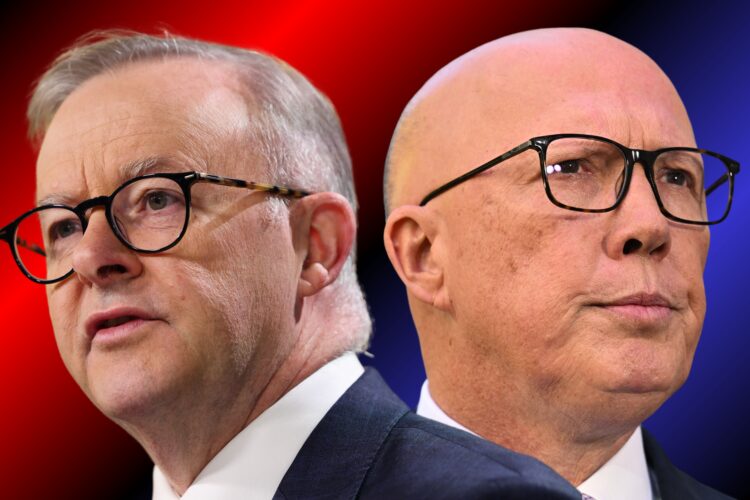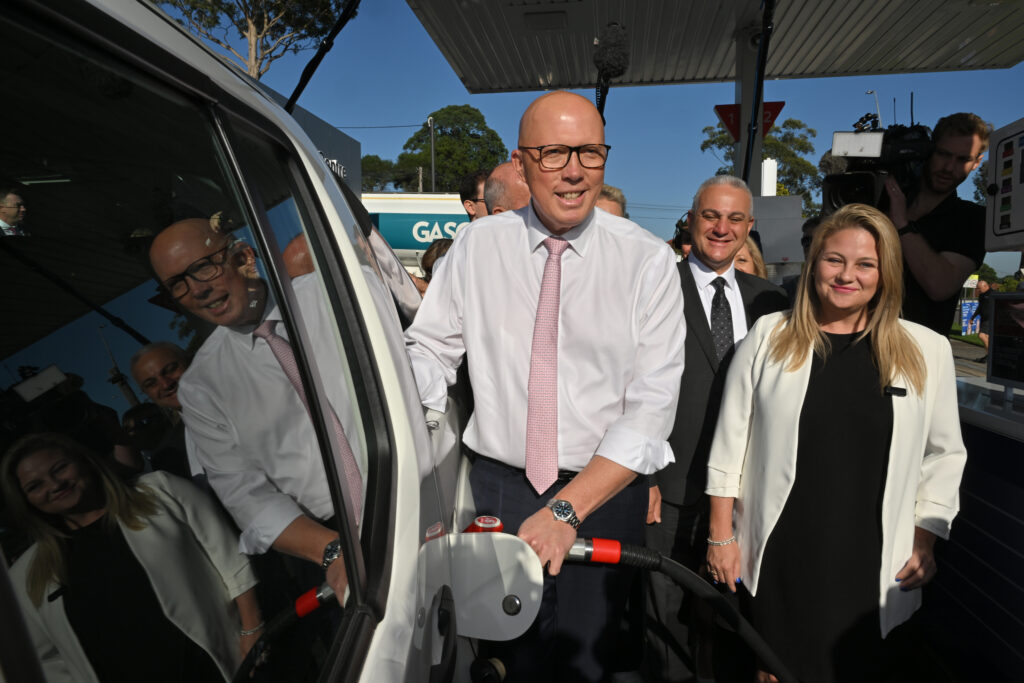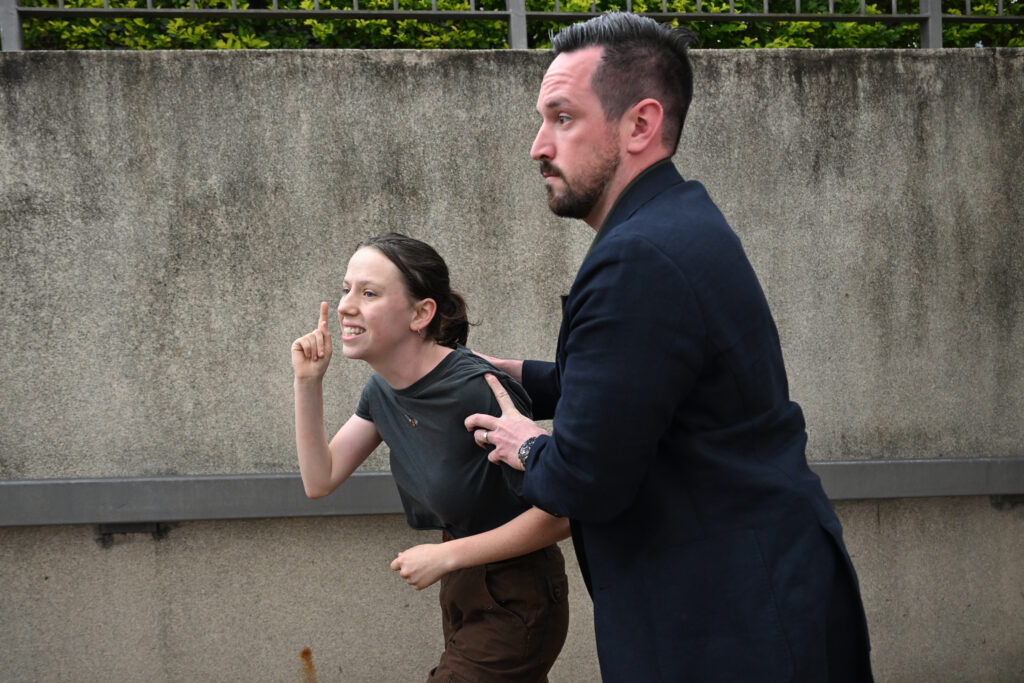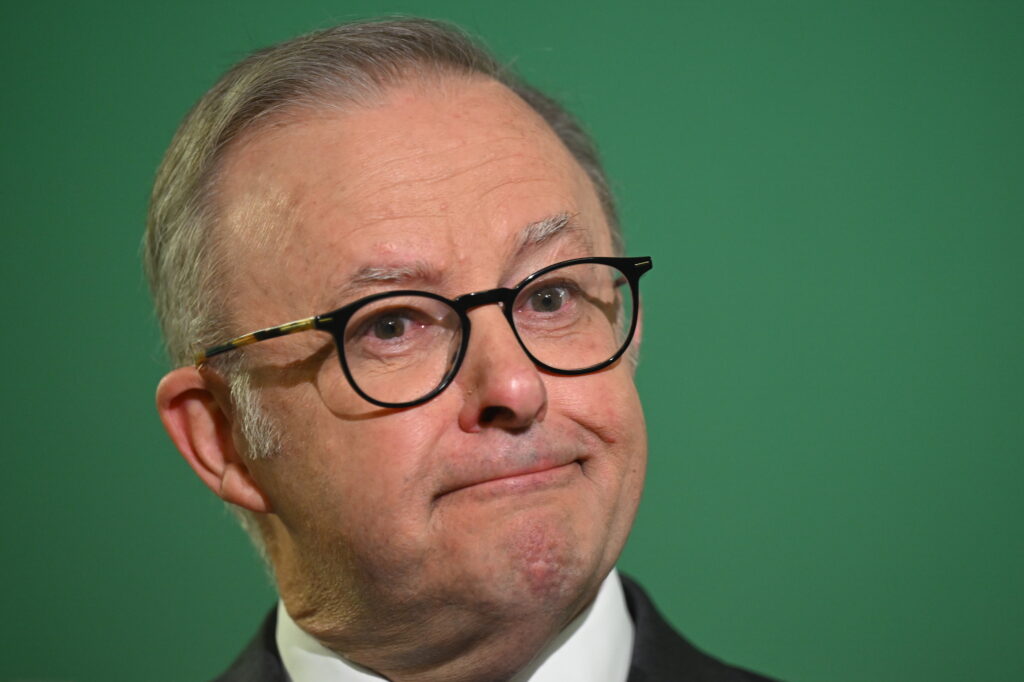Nationals leader says children who commit crimes don’t deserve civil rights.
Oh wow. Nationals leader David Littleproud is openly saying that children who commit crimes don’t deserve civil rights.
This is the message that conservative talk back loves, but it is not borne out by the evidence, which shows that early intervention is key. And it’s not just a one-and-done approach – it has to be a whole of society approach. Former Queensland premier Steven Miles told me that midwives he spoke to in the Queensland Health system could identify which babies would run into trouble with the law, because they saw the signs of Fetal Alcohol Syndrome up close in newborns. So it’s about early intervention with children and family support from the very first developmental stages – which the evidence bears out – not just bootcamps and detention centres. And what Littleproud is not saying here, is that he is talking about Indigenous children, who are over-represented in our justice systems.
We have got to a point in society where I get all the criminologists and everybody talking about civil rights. We have hit a tipping point where the civil rights of an individual need to be put aside for the civil rights of a community.
When a community doesn’t feel safe, you have to act and you have to make sure there’s a deterrent and a consequence.
Unfortunately at the moment there’s not. In my home state again, I would encourage every state to do this, we’re going back to outback camps where we are rebuilding these young people with a life skill.
Not putting them behind barbed wire but sending them to remote places, giving them a skill and purpose in life.
They get up in the morning and they know they can achieve something. It was ripped away because of the advice from criminologists and what we have done is put them all into detention centres.
If you talk to police they’ll tell you they’re criminals. We need to give them a purpose in life and worth. Know they are valued and they can contribute to our society because we’ll invest in their skills and take them away and put them in an environment where they can be a better human being and come back to society without society worried about them.
That’s what every government should aim to do and you should have the courage to say you’ve got it wrong. What’s happening at the moment, people don’t feel safe. And our primary responsibilities, all levels of government, is to keep their citizens safe.





